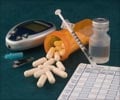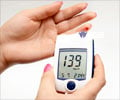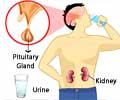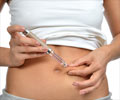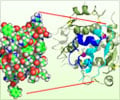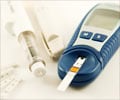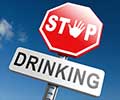Glossary
Diabetes: A condition in which the body cannot properly store or use glucose (sugar), the body's main source of energy.Diabetes Mellitus: A group of disorders in which there is a defect in the transfer of glucose (sugar) from the bloodstream into cells, leading to abnormally high levels of blood sugar (hyperglycemia).
Glucagon: A hormone produced by the pancreas that releases the body's stored sugar (glycogen) into the blood. An injectable form of glucagon, which can be bought in a drug store, is sometimes used to treat insulin shock. The glucagon is injected and quickly raises blood glucose levels.
Hypoglycemia: Abnormally low blood sugar.
Hyperglycemia: A high level of glucose in the blood; a sign that diabetes is out of control. Many things can cause hyperglycemia. It occurs when the body does not have enough insulin or cannot use the insulin it does have to turn glucose into energy.
Ketones: The end products of fat metabolism.
Ketosis: A condition of having ketone bodies build up in body tissues and fluids. The signs of ketosis are nausea, vomiting, and stomach pain. Ketosis can lead to ketoacidosis.
Ketoacidosis: A disturbance of body chemistry seen in starvation or as a complication of insulin-dependent diabetes.
Neuropathy: A problem in any part of the nervous system except the brain and spinal cord. Neuropathies can be caused by infection, toxic substances, or disease.
Insulin: Insulin is a peptide hormone produced by beta cells of the pancreatic islets, and it is considered to be the main anabolic hormone of the body.
Plasma: Protein-rich, cell-free, blood.









